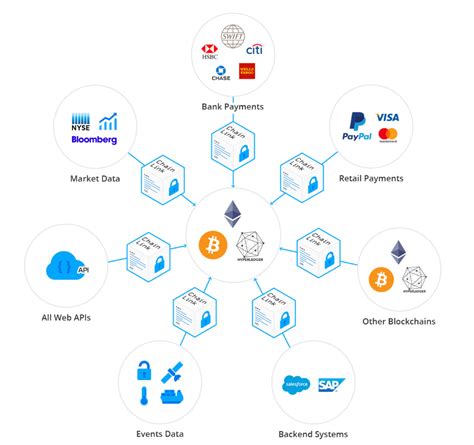Title: Best Practices for Quality Management Standards in Blockchain Engineering
In the rapidly evolving landscape of blockchain technology, ensuring high standards of quality management is crucial for the success and integrity of projects. Quality management encompasses various processes, procedures, and standards aimed at delivering products or services that meet or exceed customer expectations. In the context of blockchain engineering, where security, transparency, and reliability are paramount, adhering to rigorous quality management standards is imperative.
Understanding Quality Management in Blockchain Engineering
Quality management in blockchain engineering involves establishing and maintaining processes to ensure that blockchain solutions meet the desired standards of performance, security, and reliability. This encompasses several key aspects:
1.
Security:
Given the immutable and decentralized nature of blockchain technology, security is of utmost importance. Quality management practices should focus on identifying and mitigating potential security vulnerabilities such as smart contract bugs, consensus algorithm flaws, and cryptographic weaknesses.2.
Performance:
Blockchain systems must be able to handle a high volume of transactions efficiently without compromising on speed or scalability. Quality management standards should address performance optimization strategies such as sharding, offchain scaling solutions, and efficient consensus mechanisms.3.
Reliability:
Blockchain networks should operate continuously without downtime or disruptions. Quality management processes should include measures to ensure high availability, fault tolerance, and disaster recovery mechanisms.4.
Compliance:
Adherence to regulatory requirements and industry standards is essential for blockchain projects, particularly in sectors such as finance, healthcare, and supply chain management. Quality management practices should incorporate compliance checks and audits to ensure that projects meet legal and regulatory obligations.Best Practices for Quality Management Standards
1.
Establish Clear Quality Objectives:
Define specific quality objectives and performance metrics for the blockchain project, taking into account the requirements of stakeholders and endusers. These objectives should be measurable, achievable, and aligned with the overall goals of the project.2.
Implement Robust Testing Procedures:
Comprehensive testing is essential to identify and address any issues or vulnerabilities in the blockchain system. This includes unit testing, integration testing, security testing, and performance testing throughout the development lifecycle.3.
Adopt Agile Development Methodologies:
Agile methodologies such as Scrum or Kanban promote iterative development and frequent collaboration between development teams and stakeholders. Agile practices facilitate early detection of defects and allow for timely adjustments to project requirements.4.
Employ Code Reviews and Peer Feedback:
Regular code reviews help maintain code quality and identify potential issues or bugs before they escalate. Peer feedback and collaboration foster a culture of continuous improvement and knowledge sharing among team members.5.
Utilize DevOps Practices:
DevOps principles such as continuous integration, continuous delivery, and automation streamline the development process and improve deployment efficiency. Automated testing and deployment pipelines ensure consistency and reliability across environments.6.
Implement Security Best Practices:
Follow industry best practices for blockchain security, including secure coding practices, cryptographic protocols, and vulnerability management. Conduct regular security audits and penetration testing to identify and remediate potential security threats.7.
Document Processes and Procedures:
Documenting quality management processes, procedures, and best practices ensures consistency and facilitates knowledge transfer within the organization. Maintain comprehensive documentation covering design decisions, implementation details, and operational guidelines.
8.
Provide Ongoing Training and Education:
Invest in training and education programs to keep development teams updated on the latest advancements in blockchain technology, security practices, and quality management methodologies. Encourage continuous learning and professional development.Conclusion
Effective quality management is essential for the success and sustainability of blockchain projects. By implementing robust quality management standards and best practices, organizations can enhance the security, performance, and reliability of their blockchain solutions while ensuring compliance with regulatory requirements and industry standards. Embracing a culture of quality and continuous improvement is key to achieving longterm success in blockchain engineering.
标签: 区块链工程技术人员 区块链工程是干嘛的 区块链工程师







